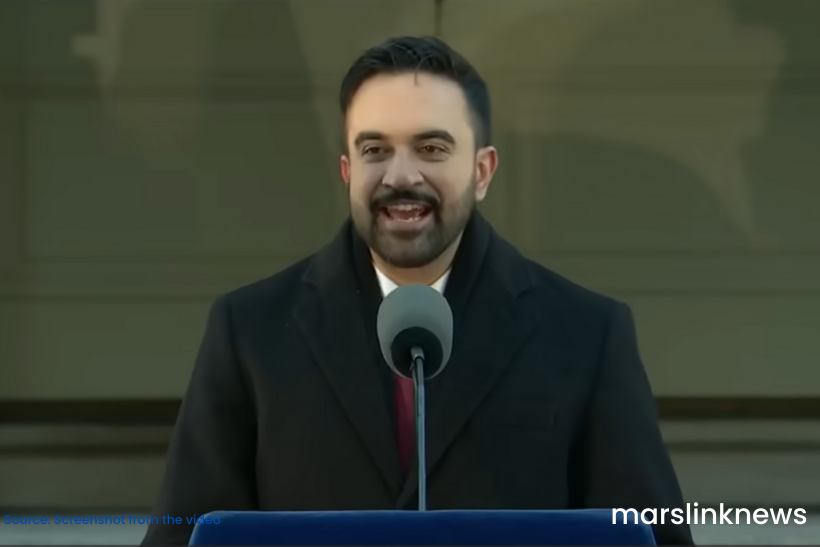Breaking News


Fast, Reliable, and Uncensored News Coverage

WASHINGTON—The U.S. Supreme Court ruled Friday that fuel producers can proceed with their legal challenge against California’s strict vehicle emission regulations, reversing a lower court dismissal in a 7-2 decision.
Justice Brett Kavanaugh, writing for the majority, stated the government cannot impose stringent regulations on an industry and then block affected businesses from challenging those rules in court.
The ruling allows Valero Energy subsidiary Diamond Alternative Energy and several fuel industry groups to pursue their lawsuit against a 2022 Environmental Protection Agency decision granting California authority to set its own emission standards.
California’s waiver permits the state to enforce stricter tailpipe emission limits and electric vehicle mandates through 2025. The regulations exceed federal standards under the Clean Air Act.
Fuel producers argue the California standards harm their business by reducing demand for liquid fuels as automakers shift toward electric vehicle production to meet state requirements.
The U.S. Court of Appeals for the District of Columbia Circuit had dismissed the case in 2024, ruling the plaintiffs lacked standing because they couldn’t prove a court victory would change automaker decisions.
Liberal Justices Ketanji Brown Jackson and Sonia Sotomayor dissented. Jackson criticized the court for deciding the case when the current mandate expires within months.
The 2022 EPA waiver reinstated California’s authority after the Trump administration revoked it in 2019. President Biden’s EPA later approved additional California standards targeting an end to gasoline-only vehicle sales by 2035.
Trump signed congressional legislation June 12 blocking California’s 2035 plan. His administration has indicated it may withdraw the current waiver, as it did during his first term.
The decision marks another Supreme Court ruling limiting EPA authority, following recent cases restricting the agency’s power over wetlands and interstate air pollution.